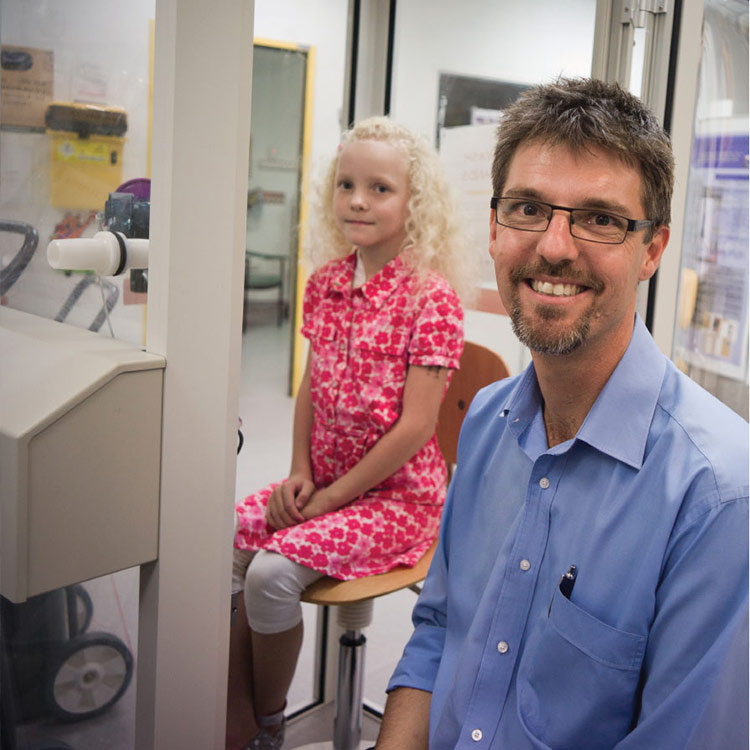Search

People
Professor Jonathan Carapetis AMInstitute Director; Head, Strep A Translation; Co-Founder of REACH









"Philanthropy allows us to reach for the stars" - Hope for children with cystic fibrosis
Life expectancy was in the 20s for children born with cystic fibrosis 30 years ago, today it is in the 30s. Professor Graham Hall is leading this research.
